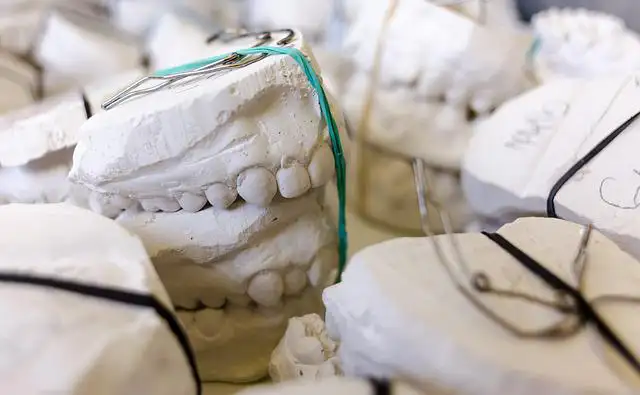Let's delve deeper into the world of dental implant maintenance, exploring the myths and realities, the dos and don'ts, and everything in between.
Myth #1: Dental implants are maintenance-free.
While the implants themselves are incredibly resilient, the surrounding bone and gum tissue require just as much care as your natural teeth. Neglecting oral hygiene can lead to peri-implantitis, a gum infection that can damage the bone supporting the implant and ultimately cause its failure.
Reality: Regular brushing, flossing, and professional cleanings are crucial for maintaining healthy peri-implant tissues. Think of it as an extension of your existing oral hygiene routine, with a focus on meticulous cleaning around the implant crown and gum line.
Myth #2: You need special tools and products for cleaning dental implants.
Good news! You can stick to your trusty toothbrush and floss for the most part. Opt for a soft-bristled brush to avoid scratching the implant surface and use gentle, circular motions. Flossing around the implant abutment (the part connecting the implant to the crown) might require a special flosser or interdental cleaner, but your dentist can guide you on the best tools and techniques.
Reality: While specialized tools can be helpful, particularly for reaching tight spaces, basic oral hygiene essentials are perfectly adequate for most implant care.
Myth #3: Dental implants are immune to decay.
While the implant itself is impervious to cavities, the crown placed on top can still develop them if not properly cared for.
Reality: Brushing with fluoride toothpaste and maintaining good oral hygiene habits minimize the risk of decay in the implant crown, just like with your natural teeth.
Beyond the Basics: Additional Considerations for Long-Term Implant Success:
Regular Dental Checkups: Schedule professional cleanings and checkups every 6 months, or as recommended by your dentist. These visits allow for early detection and treatment of any potential issues around the implant.
Smoking Cessation: Smoking significantly increases the risk of peri-implantitis and implant failure. Quitting smoking or avoiding tobacco altogether is crucial for long-term implant health.
Diet: Avoid excessively hard or sticky foods that can put undue stress on the implant and surrounding tissues.
Medications: Certain medications can affect bone health and potentially impact implant stability. Inform your dentist about any medications you're taking before and after implant placement.
Living Life with Confidence with Dental Implants:
By understanding the maintenance needs of dental implants and incorporating them into your existing oral hygiene routine, you can enjoy the benefits of these revolutionary tooth replacements for a lifetime. Remember, consistent care, regular checkups, and healthy lifestyle choices are the cornerstones of successful implant longevity. So, brush, floss, smile, and savor the confidence that comes with a healthy, functional, and beautiful smile, thanks to dental implants.
In conclusion, dental implants, while not entirely maintenance-free, require a level of care similar to natural teeth. With proper hygiene, regular checkups, and healthy lifestyle choices, you can ensure their long-term success and reap the rewards of a confident, functional smile for years to come.

